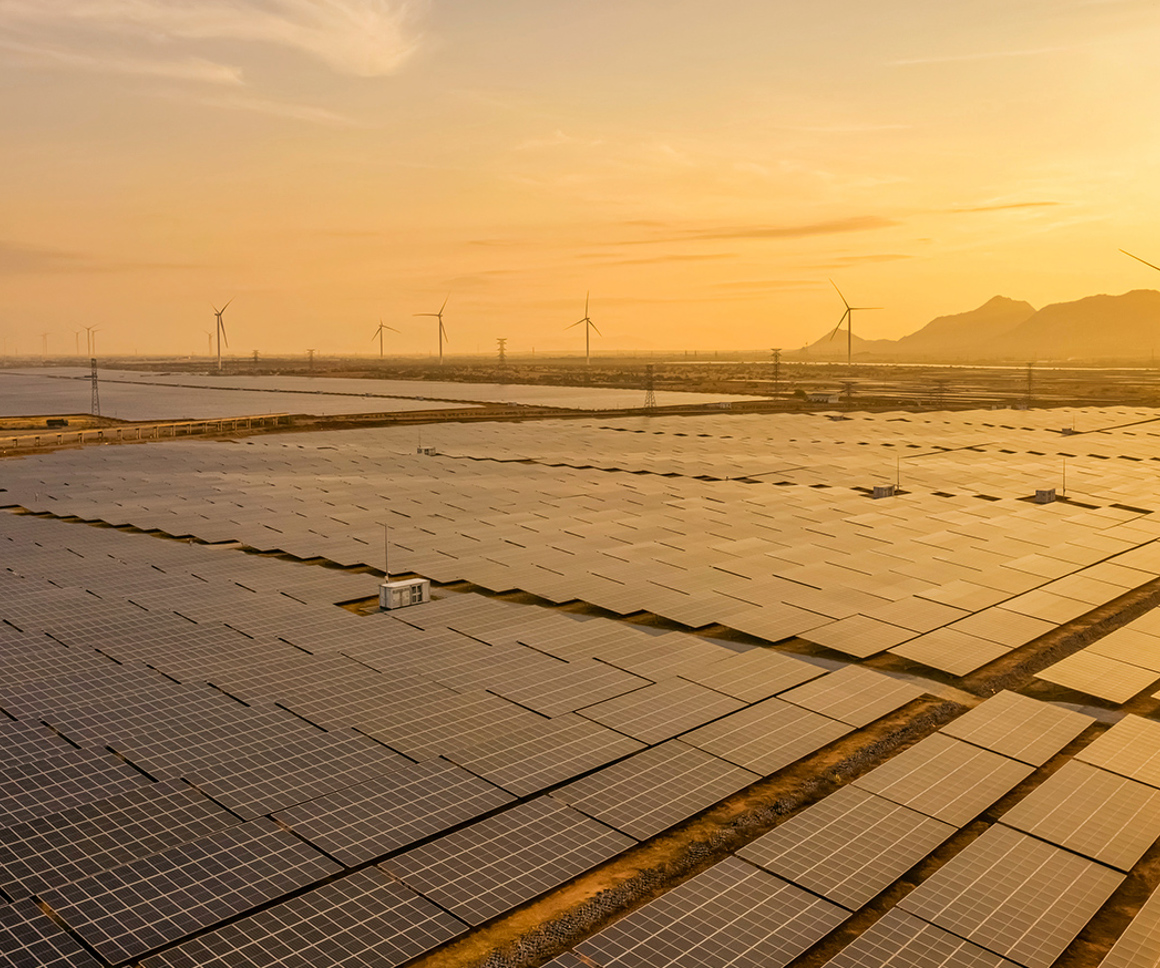The UK solar PPA market has benefitted from fortunate conditions, but buyers and sellers should not expect lucky streak to continue
Energy transition Power markets Solar & battery research
New analysis by LCP Delta, proposed by EDF, reveals that whilst the past three years saw an unexpected series of alignment between seasonal conditions and market prices, solar offtakers are urged not to rely upon Power Purchase Agreement (PPAs) to produce constant and consistent profit.
Solar power buyers (offtakers) have experienced a lucky streak of profitability through the PPA market over the past three years, supported by a significant increase in solar and renewable energy projects coming online – a 25% uplift with a 3GW increase from December 2021 to December 2024. In addition, the Clean Power Action Plan’s ambitious goal to reach up to 47GW by 2030 will provide favourable conditions for future growth of the sector. However, LCP Delta’s analysis indicates that both offtakers and sellers (generators) must temper their optimism and set realistic expectations for the upcoming negotiations this Spring.
PPAs are a crucial part of expanding intermittent renewable generation capacity ahead of Clean Power 2030, with DESNZ relying on PPAs alongside Contracts for Difference (CfDs) to hit targets. Many solar projects have their PPAs up for renewal in spring 2025, so how these negotiations play out will lay the foundations for driving growth in the UK’s solar industry.
Solar PPA prices must be robust to maintain the confidence of both buyers and sellers
LCP Delta analysed the costs and revenues of a typical offtaker as they hedged their PPA price over the past 12 seasons. The analysis found that the past three years saw an unexpected series of alignment between seasonal conditions and market prices, meaning offtakers have had extra volume to sell at high prices and have been buying back hedges during low prices. The average seasonal profit per MWh from 2019 to 2024 was £3.15/MWh – achieving this or higher average profits had a less than 25% probability over this time period. In fact, the market is set to balance out in the long run to £0/MWh.

The modelling reveals that offtakers could have equally made significant losses during this period. Price movements in the past few years were driven by the energy crisis, independent of solar generation. The findings demonstrate that there is no strong correlation between seasonal prices and generation levels – the alignment occurred due to chance. Therefore, generators and offtakers must not assume that this lucky streak will continue – in fact, it is already looking to stop this winter. The probability of getting seven seasons of profits in a row, as we have seen between Summer 2021 to Summer 2024, is 0.8%.
Offtakers and generators must set realistic expectations for upcoming negotiations
To set realistic expectations for the upcoming strike price negotiations, both offtakers and generators need to go back to first principles on the likely upsides and downsides, as well as the long-run marginal cost of solar generation, rather than rely on recent historic precedents. This could lead to lower PPA prices than many may be expecting, but it is essential to maintain the long-term health and growth of the solar PPA sector.
From 2019–2024, the average seasonal baseload price and therefore the average strike price was £118/MWh. However, if strike prices are set too high in this round of negotiations, and the outturn won’t be as fortunate as it has been over the past few years, then the entire solar PPA market might stall. This in turn would have wider ramifications for the Government’s Clean Power 2030 plans, meaning that other, more expensive assets would have to come online and generate at higher prices. This would directly impact the interests of customers around GB. LCP Delta analysis recommends that upcoming negotiations for the strike price should start with the seasonal baseload prices, which have been in the £80-100/MWh range recently. Negotiations should then consider the additional seasonal and day ahead hedging risks described in the report, as well as the risk from growing solar cannibalisation costs and balancing costs.
Over the past six years, PPA profitability has been much higher than expected due to fortunate circumstances, so the true offtaker risk has not materialised. However, future PPA negotiations must consider the potential downsides of long-run shaping profits, and not set strike prices too high. Our modelling indicates that there are already clouds on the horizon so far this winter. If prices start to creep, offtakers are likely to lose money, potentially decimating the solar PPA market at a crucial moment.
Bertalan Gyenes Consultant at LCP Delta





